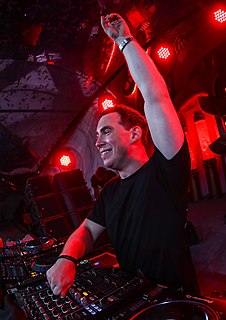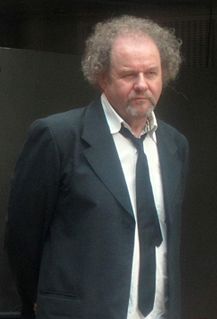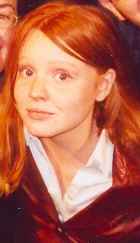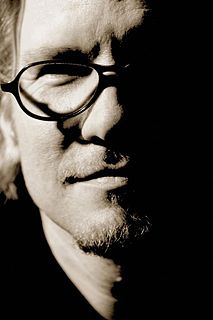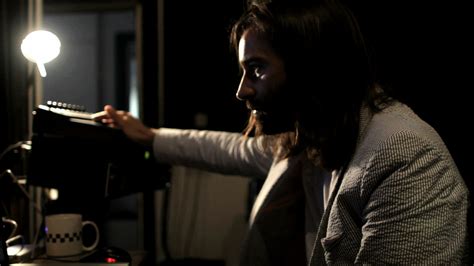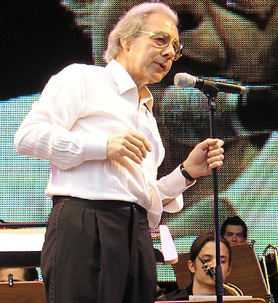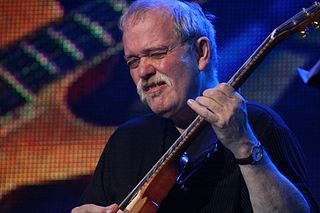A Quote by Hardwell
I studied classical and jazz music and went to a music school.
Related Quotes
When I was nine years old, I started playing guitar, and I took classical guitar lessons and studied music theory. And played jazz for a while. And then when I was around fourteen years old, I discovered punk rock. And so I then tried to unlearn everything I had learned in classical music and jazz so I could play in punk rock bands.
For me, let's keep jazz as folk music. Let's not make jazz classical music. Let's keep it as street music, as people's everyday-life music. Let's see jazz musicians continue to use the materials, the tools, the spirit of the actual time that they're living in, as what they build their lives as musicians around.
The average age of the Jazz audience is increasing rapidly. Rapidly enough to suggest that there is no replacement among young people. Young people aren't starting to listen to Jazz and carrying it along in their lives with them. Jazz is becoming more like Classical music in terms of its relationship to the audience. And just a Classical music is grappling with the problem of audience development, so is Jazz grappling with this problem. I believe, deeply that Jazz is still a very vital music that has much to say to ordinary people. But it has to be systematic about getting out the message.
I started piano lessons at age six but didn't take music seriously until I was a teenager, when I thought about a career in music. I studied classical music, and my instruments were guitar and piano. I played keyboards in bands, and after high school I went to Vienna to study at the Academy of Music. I also became a session player, which culminated in my work with Tangerine Dream.
I was very young, maybe five. The opera was very... I was attracted to opera to the point that I think it's the reason I started to write music for films. I never studied. There are film and music school that teach you how to write music. I never studied that. But the influence of opera, which is a combination of storyline, visuals, staging, plus music... that was perhaps the best school I could have had. That's what gave me the idea of coming to Hollywood to write music for films.
You put music in categories because you need to define a sound, but when you don't play it on your so-called radio stations that claim to be R&B or jazz or whatever... All music is dance music. But when people think of dance music, they think of techno or just house. Anything you can dance to is dance music. I don't care if it's classical, funk, salsa, reggae, calypso; it's all dance music.
When I started music, I started out in Puerto Rico with classical music. But what really made me want to be a musician was jazz, and because I didn't grow up with jazz, I had to learn it from a very basic level. I had to go into the history and learn everything about the development of the music, all the players and all that stuff.
